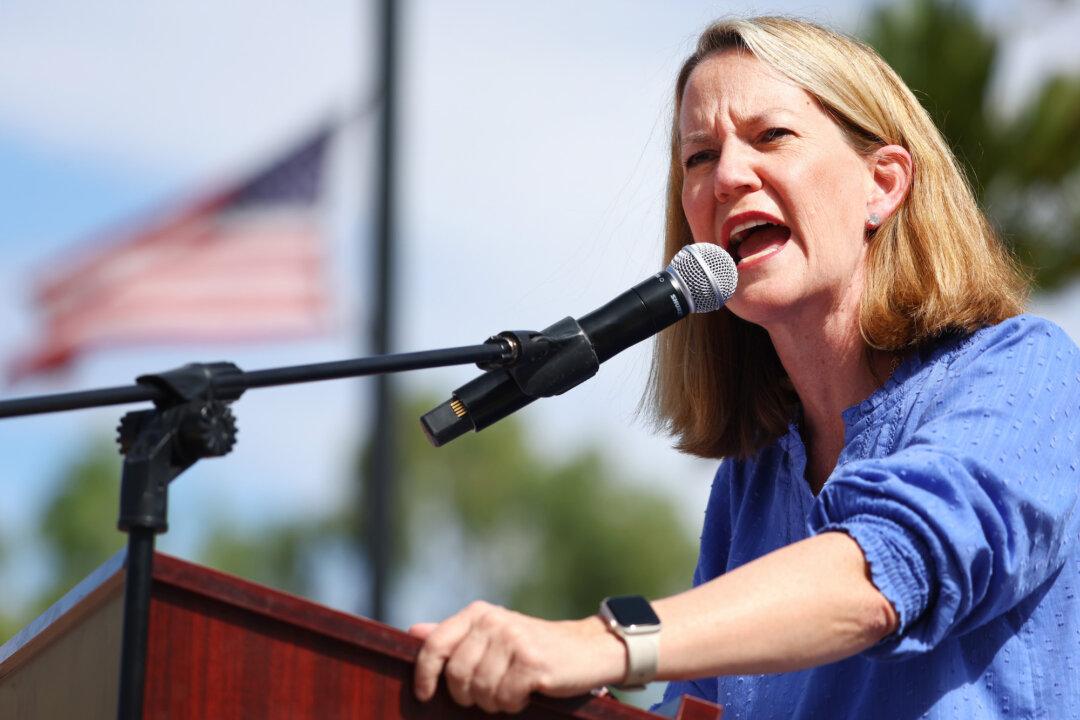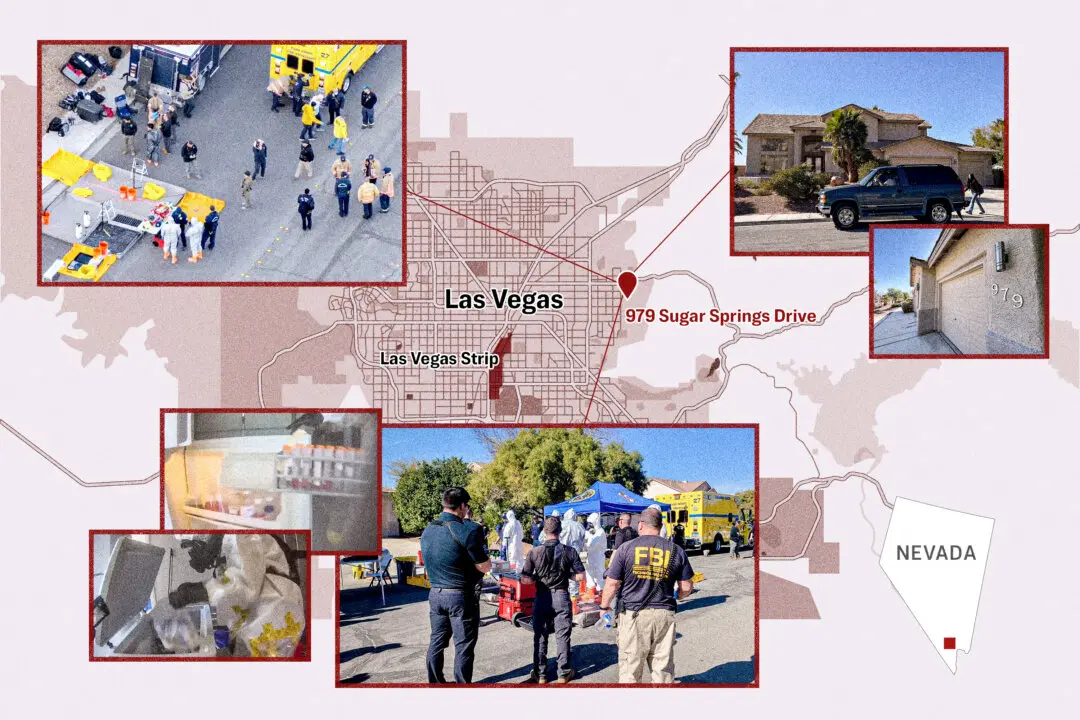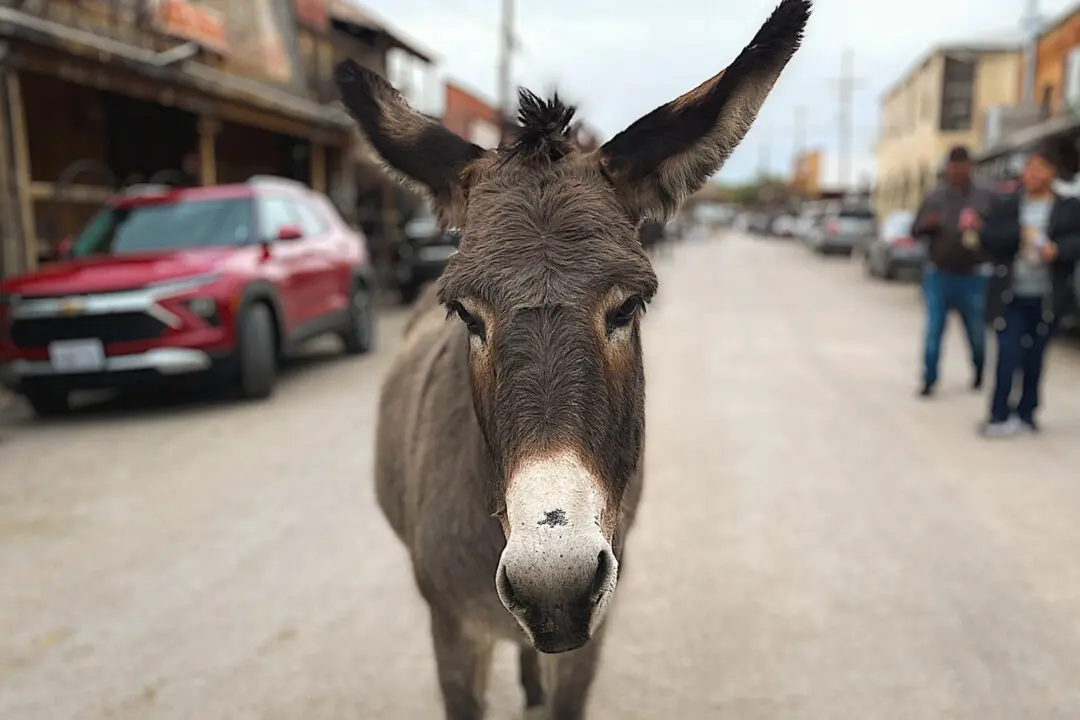Arizona legislators shared opposing views on July 5 regarding legislation in the newly signed state budget that prohibits the teaching of critical race theory (CRT) in public schools and workplaces.
Some see the measure as a positive step, while others see it as a setback.
“I think it is really unfortunate. It really is a false narrative that they are pushing with this demonization of critical race theory,” state Sen. Martin Quezada said.
The prohibition on teaching CRT in Arizona’s public schools is included in the Republican governor’s spending plan, which earmarks $6.2 billion for K–12 education.
The ban, which carries potential fines and the possible loss of teaching licenses, targets “instruction that inherently discriminates against one particular race over past historical injustices.”
Quezada, a Democrat, said that none of this is currently being taught in Arizona public schools.
“They’re confusing a lot of other issues with CRT, such as equity and justice. It does our kids a real disservice to try and ban that type of discussion in our schools,” he said. “It’s definitely a national trend, and it’s being pushed by a radical wing of the conservative party.”
In recent months, Arizona Republicans have joined a growing national conservative backlash against CRT. Critics of the doctrine argue that it infers that one race is inherently racist and should be discriminated against or feel guilty because of their race.
In a May 10 joint letter to the Biden Administration, Arizona Attorney General Mark Brnovich signed on with attorneys general from 19 other states to express “deep concerns” about proposed priorities issued by the U.S. Department of Education.
“The proposed priorities are a thinly veiled attempt at bringing into our states’ classrooms the deeply flawed and controversial teachings of Critical Race Theory and the 1619 Project,” the letter stated.





